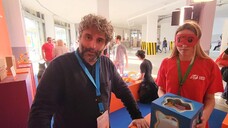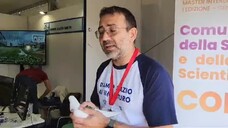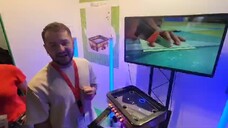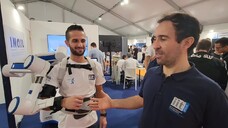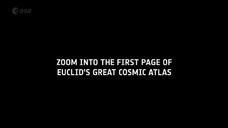The first injectable nanorobots will be ready for use in the human body within the next 50 years, according to 2016 Nobel Laureate in Chemistry Bernard Lucas Feringa. The molecular machines measuring just a few millionths of a millimetre will pass through the bloodstream using sugars as fuel to detect tumours, repair lesions and deliver drugs in a more targeted way and with fewer side effects, among other things.
Although what we see today "are still the results of basic research", the Dutch chemist said the potential applications of these nanotechnologies represent a real breakthrough in medicine, for example with tiny robots capable of performing molecular surgery on diseased cells, or having light-sensitive molecular switches to activate antibiotics against resistant bacteria.
Many industries will also benefit from advances in nanomachines, Feringa added.
"Many people ask us why we 'play' with these bricks, and the answer is that thanks to these studies, self-cleaning and self-repairing surfaces can be developed, such as glass, solar panels or even cars,” said Feringa during a ceremony to receive an honorary master's degree in materials science at the University of Milan-Bicocca.
Riproduzione riservata © Copyright ANSA







